20+ Sample Firm Organization Charts
-
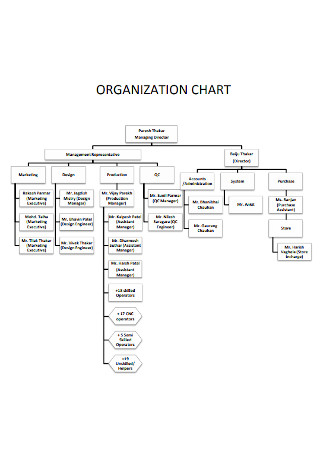
Sample Firm Organizational Chart
download now -
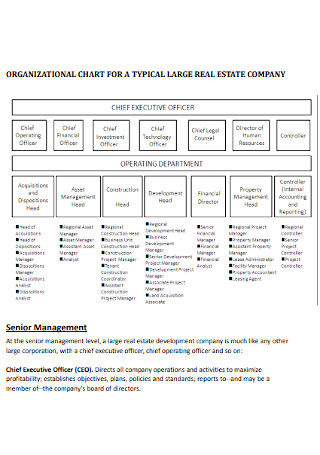
Company Organizational Chart
download now -
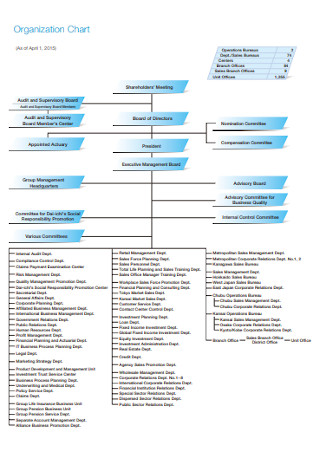
Firm Meeting Organization Chart
download now -
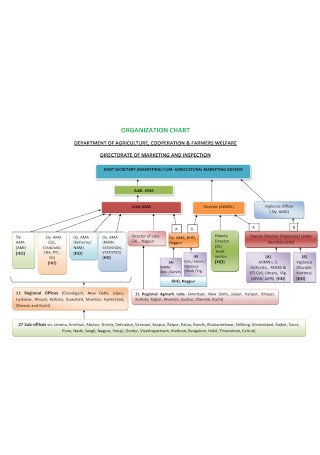
Department of Agriculture Organizational Chart
download now -
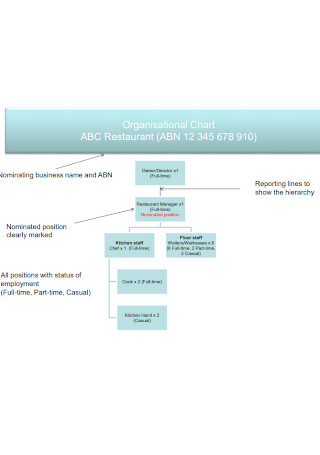
Restaurant Organizational Chart
download now -
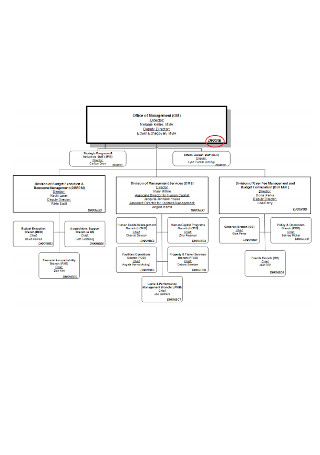
Office Organizational Chart
download now -
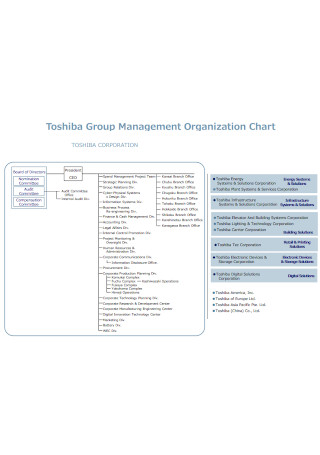
Firm Group Management Organizational Chart
download now -
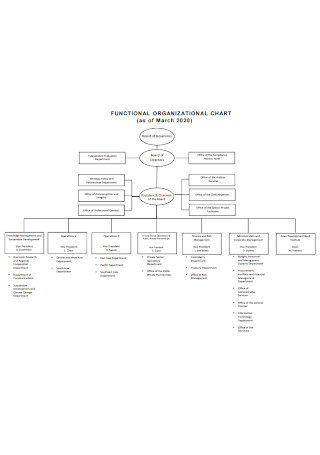
Firm Functional Organizational Chart
download now -
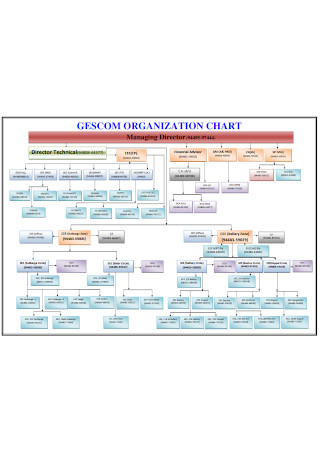
Simple Firm Organizational Chart
download now -
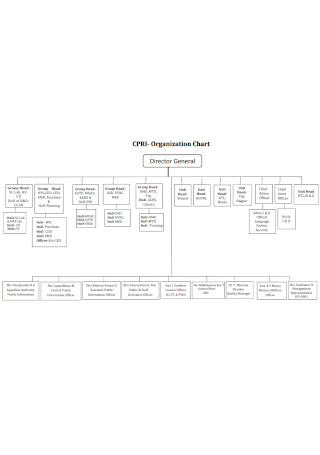
Firm Director Organization Chart
download now -
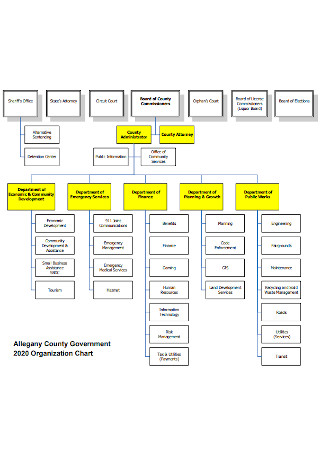
Government Organization Chart
download now -
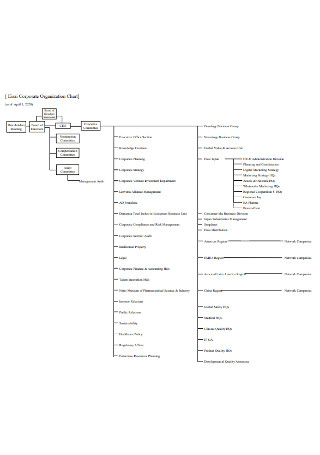
Corporate Organizational Chart Template
download now -
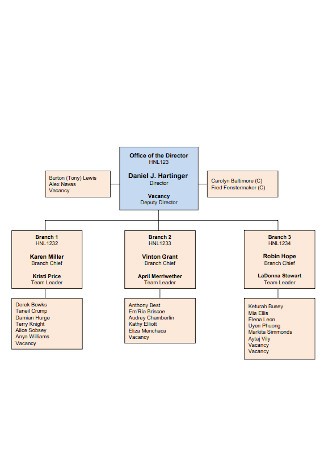
Sample Office Organization Chart
download now -
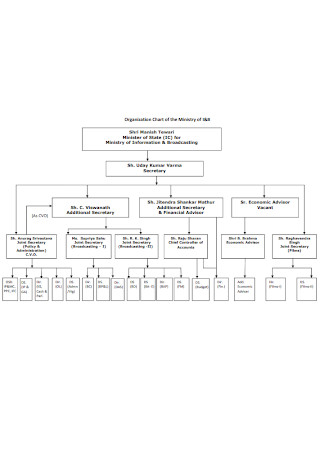
Firm Ministry Organization Chart
download now -
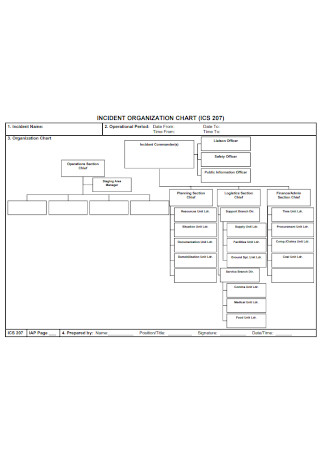
Firm Incident Organizational Chart
download now -
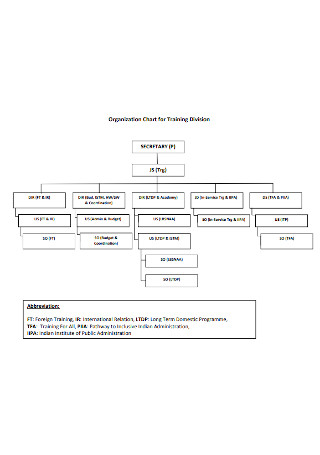
Organization Chart for Training Division
download now -
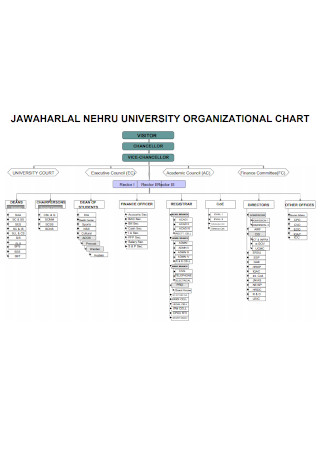
University Organizational Chart
download now -
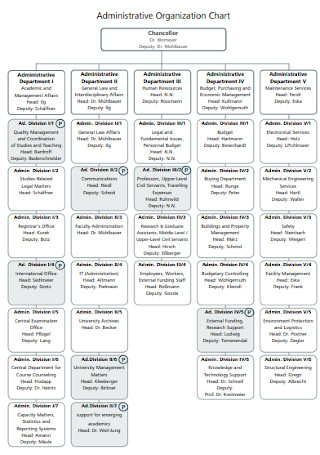
Firm Administrative Organization Chart
download now -
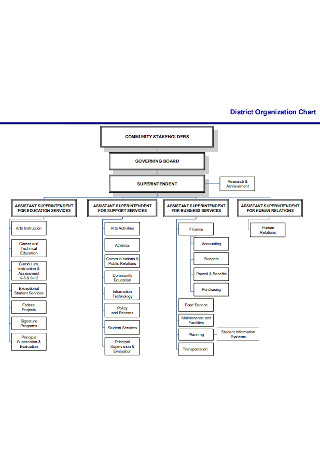
District Firm Organization Chart
download now -
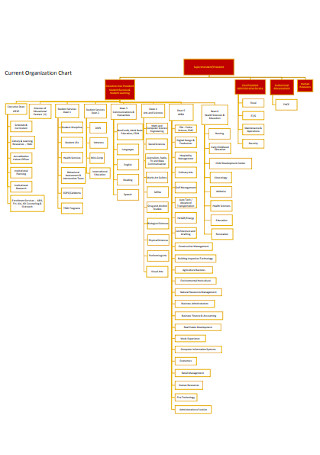
College Organization Chart
download now -
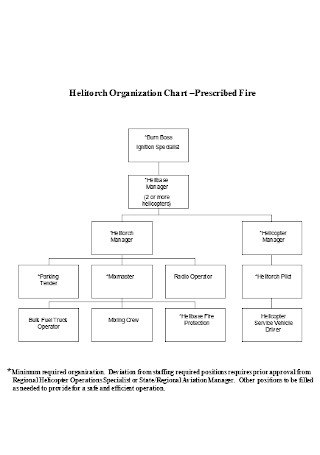
Standard Firm Organization Chart
download now
FREE Firm Organization Chart s to Download
20+ Sample Firm Organization Charts
What Are Firm Organization Charts?
Why Are Firm Organization Charts Important?
What Are the Major Types of Firm Organization Charts?
The Basic Elements of a Firm Org Chart
How to Make a Robust Firm Organization Chart
FAQs
What are the elements of an organizational structure?
What are the principles of management?
What is the most essential part of an organization?
What is the easiest organizational design?
What Are Firm Organization Charts?
A firm organization chart is a graphic diagram of your enterprise’s internal structure. Like a corporate management structure chart, it outlines who each member in an entity is as well as their key roles and relationships with each other. And this is a very important visual chart to get the full breakdown of a firm’s unit or department, including the hierarchy of positions in the company.
Why Are Firm Organization Charts Important?
In case you are doubting whether your company should have its own organization chart or not, the key is to acknowledge what makes a firm organization chart useful and important in the first place. And these are the most significant reasons that prove the importance of firm organizational charts:
Detailed Organization Chart
A single corporate organizational chart is very detailed. It shows the names of all the members of the firm, the job position of each member, and even the communication flow. So behind the lines and shapes you see in a firm organization chart, study the presentation and data meticulously because that is how you will know about the company’s organizational structure.
Visual Hierarchy of an Organization
A common purpose of making a firm organization chart is to get a clear vision of the business hierarchy. From the names of the manager and the high-ranking positions down to the lower ranks, an organization chart automatically gives you a graphic representation of the company’s hierarchical model. Whether you state the information for the board of directors, vice chair, president, vice president, team leader, full-time employees, part-time workers, etc., make sure to clearly depict that the hierarchy is in ascending or descending order for your chart.
Eclectic Options of Presentation
There are tons of complex organizational charts out there because a firm organization chart has many types. So don’t assume that there is only one way to present an organizational chart. Your focus could be a functional organizational chart, matrix organizational chart, network organizational chart, and so much more. And you’ll learn about every type of org structure later on.
Formal Management Purposes
Bear in mind that a firm organization chart is not merely for display purposes. It holds a big purpose for formal management such as in ensuring your firm stays focused and effective to operate continuously. So at times you get confused about who is responsible to do certain tasks or not sure as to whom you inform a coworker about a business report, then that is a sign that your company greatly needs a firm organization chart.
What Are the Major Types of Firm Organization Charts?
There are plentiful firm organization charts out there and determining every essential type is necessary before deciding to make your own chart. Once you’ll know the difference between each type and what they contribute to your firm, it gets easier to visualize the chart later. So without further ado, here are the types of firm organizational charts:
The Basic Elements of a Firm Org Chart
Treat a firm org chart as a business roadmap that graphically presents what works for your business and how to organize responsibilities. And you should know that there are three main points to firm organization charts, these are:
Chain of Command
How are tasks and responsibilities divided? Answer that portion in the firm org chat’s chain of command. That means how the communication plan per department works, how to request formally from one unit to another, or how to raise issues would be specified in the chart visually.
Span of Control
Name each employee as well as their corresponding positions and tasks under the span of control. This part clearly depicts the management’s structure such as the hierarchy of positions and what every department is expected to carry out. By identifying every person and role, then lesser questions get asked in terms of what to expect from one another in business.
Centralization
When it comes to where specific decisions would be handled, they will be tackled under centralization. You may either go for a centralized business or a decentralized business. A centralized business creates decisions involving one or two units. Meanwhile, a decentralized business is when decisions are carried out within a unit in charge of doing the decided tasks. So always incorporate these three elements into firm org charts for a solid business plan.
How to Make a Robust Firm Organization Chart
After getting introduced to what a firm org chart is, why it is important, what its types are, and what the elements are, it is time for the main event which is to learn how to create the firm org chart yourself. You would find no hassle in the making process because you are guided in detail when you refer to these easy steps:
Step 1: Study Your Firm
The most important preparation method in crafting a firm org chart is to study your organization. Identify who’s who such as the manager, assistant manager, accountant, secretary, and other positions. Industry analysis will also help in determining the roles of each person and how communication plays out in business. Then, you can eventually think of a draft for designing the firm organization chart later on.
Step 2: Look for a Sample Firm Organization Chart Template
Sample.net offers you a free collection of easy-to-use firm organization chart samples. Just look for a premade template you like and customize the details according to your draft or the data you studied about your organization in step one. There are even loads of options to choose from and you can download and edit them anytime. As they are preformatted, it will feel like you are merely doing the finishing details rather than making a firm organogram right from the start.
Step 3: Decide the Business Structure Type
Recall the various types of organization charts earlier to choose a proper business structure that fits your firm. Whether you opt for a flat, hierarchical, or even a circular organizational chart, just make sure what you picked matches the purpose of creating the firm org chart in the first place. Then, complete the rest of the necessary details by transferring the crucial points from your draft into your chosen template.
Step 4: Don’t Forget the Three Main Elements
The elements of a firm org chart cannot be forgotten. Without the span of control, chain of command, and centralization, your org chart would be ineffective or incomplete. You can also include other important elements that match your purpose statement besides the three examples. Just make sure they are relevant to your firm and are organized properly.
Step 5: Produce the Firm Org Chart
Now that you are done inserting the elements, continue editing the layout and format of your firm organization chart. Then, produce that chart whether you like it in MS Word or PDF format. Don’t forget to finalize if you like the chart in print such as displaying it on a bulletin board in your office or through a letter-size business document. You may also opt for a soft copy such as sharing the file via email. Most importantly, update the chart when there are organizational changes in the office.
FAQs
What are the elements of an organizational structure?
Besides the chain of command, the span of control, and centralization, you may also insert work specialization, departmentalization, and formalization of elements.
What are the principles of management?
According to Fayol, the main principles of management are planning, organizing, directing, coordinating, and controlling.
What is the most essential part of an organization?
The truth is the most important element of an organization are the people themselves; without the people and their cooperation, running an organization is tough.
What is the easiest organizational design?
Although the easiest organizational design is often debatable, most companies prefer the traditional line organizational structure because it does not involve too many departments or units in the communication or command chain.
There is no denying that a firm organization chart is crucial to produce a successful team in your business. With clearly defined roles, professional relationships, and hierarchical management displays, rest assured, that your organization is at a good pace. But always remember that an org chart or structure differs from one business to another. So personalize a sample firm organization chart template that fits well to your business needs. Download a sample now!
